Soft Power, Hard Choices: Science Diplomacy and the Race for Solutions
Applying the latest scientific insight and evidence is the starting point for science diplomacy. Three experts shine a light on the missing links between the two.

Send us a link
Applying the latest scientific insight and evidence is the starting point for science diplomacy. Three experts shine a light on the missing links between the two.

The ingenuity of scientists helped accelerate the recovery from COVID-19. In close cooperation with society and policy-makers, it can lead the way to the future.

Science is key to building resilience and averting future crises - but that is only possible if policy-makers listen to and trust in both the science and the scientists.
Pressing global challenges including the climate emergency, biodiversity loss, food security and future global health crises will require collaboration.
Women are seriously under-represented in the engineering world - but they can problem-solve from a uniquely impactful perspective.
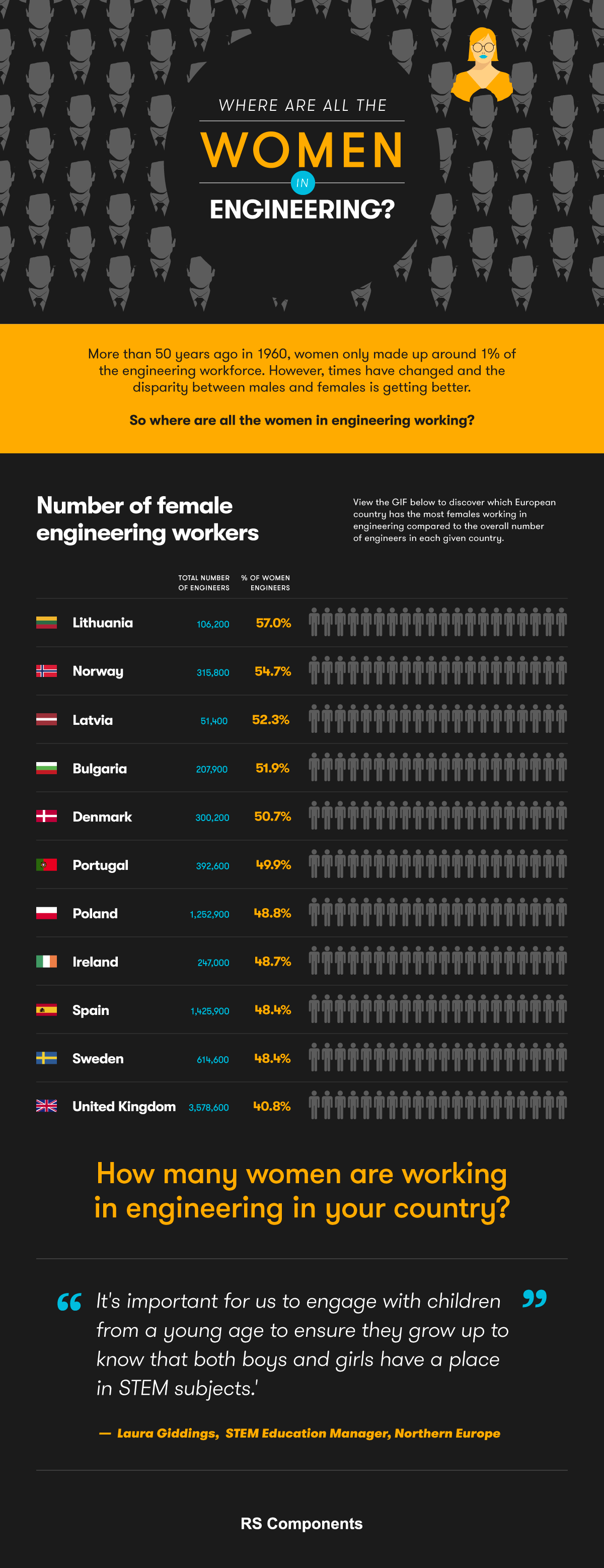
Women make up half the population and earn more advanced degrees than men in 100 countries. So why are they a distinct minority in the uppermost echelons?
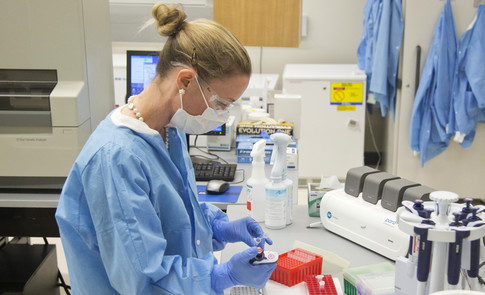
When women are unleashed on the tech world, new ways of living and doing business reveal themselves.
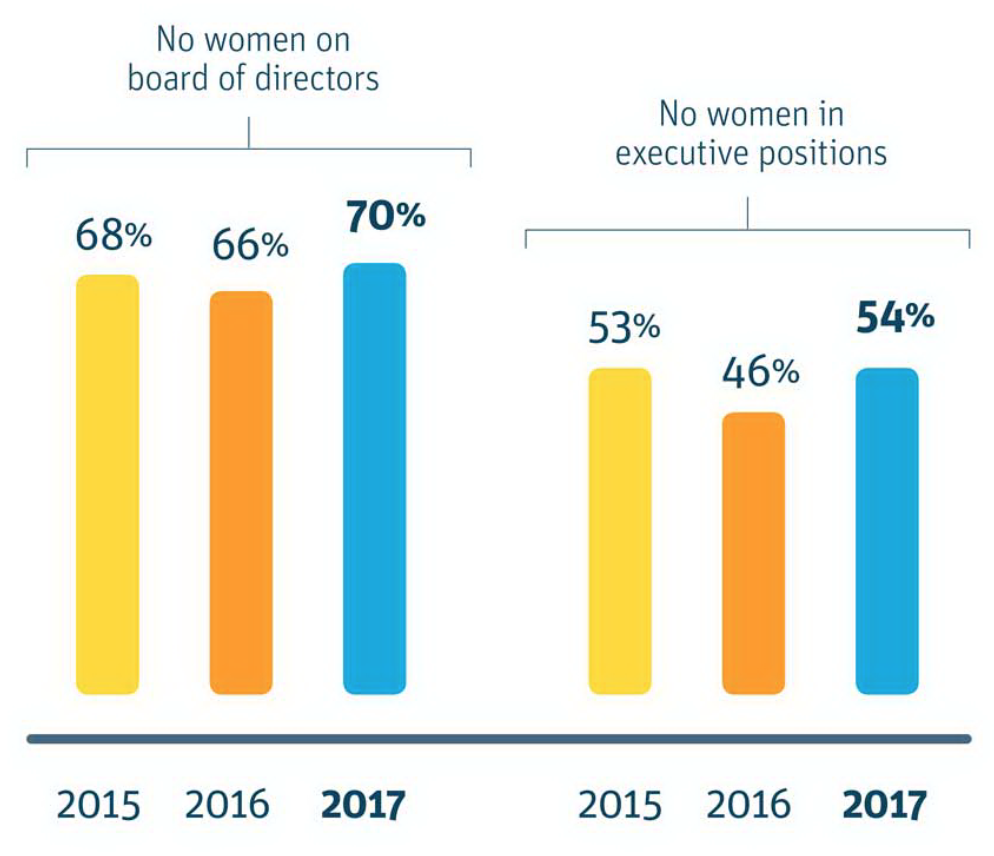
From Turkey to Thailand, some countries punch above their weight when it comes to university access and research. And where education takes root, economic growth soon follows, says Chris Parr of Times Higher Education.
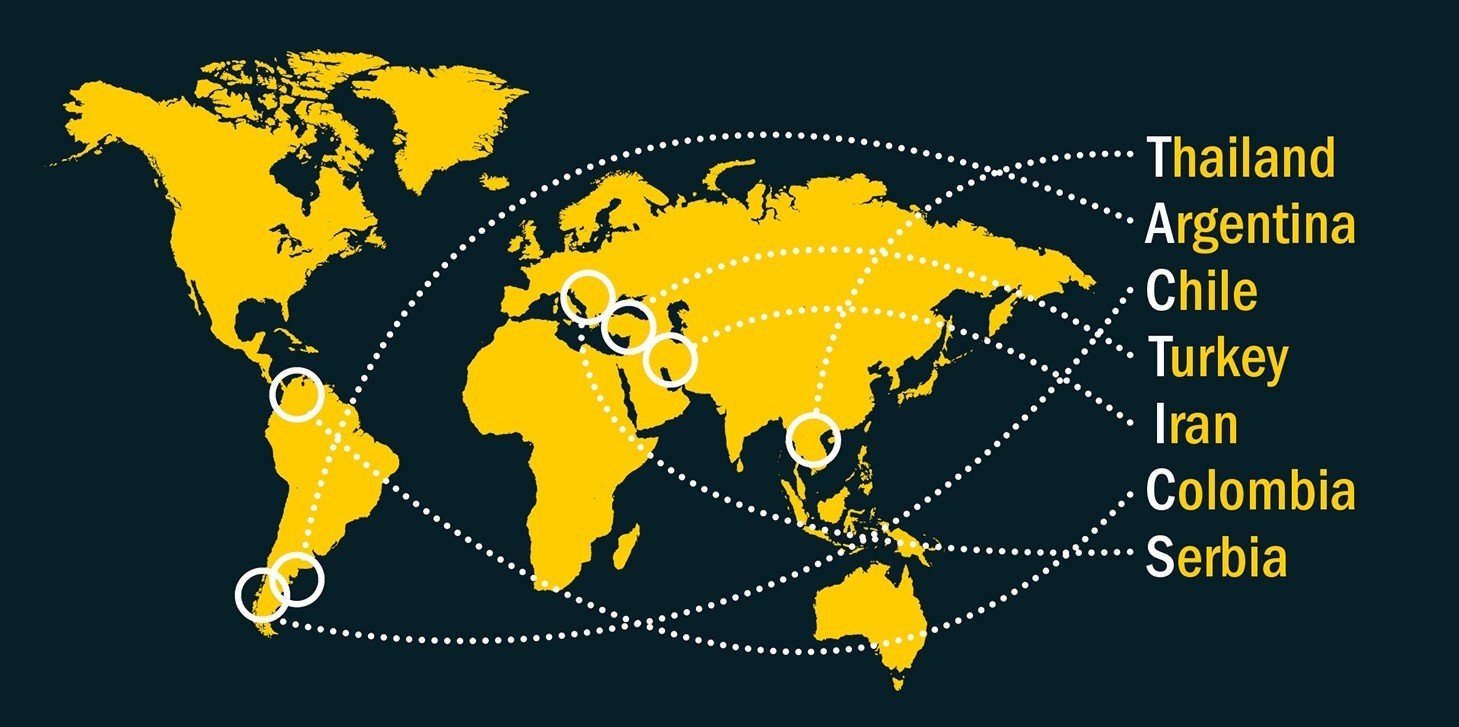
In our complex and interconnected world, we need leaders of imagination, understanding, and emotional intelligence. To cultivate such leaders, we must value and invest in the humanities, says Peter Salovey, President of Yale University.
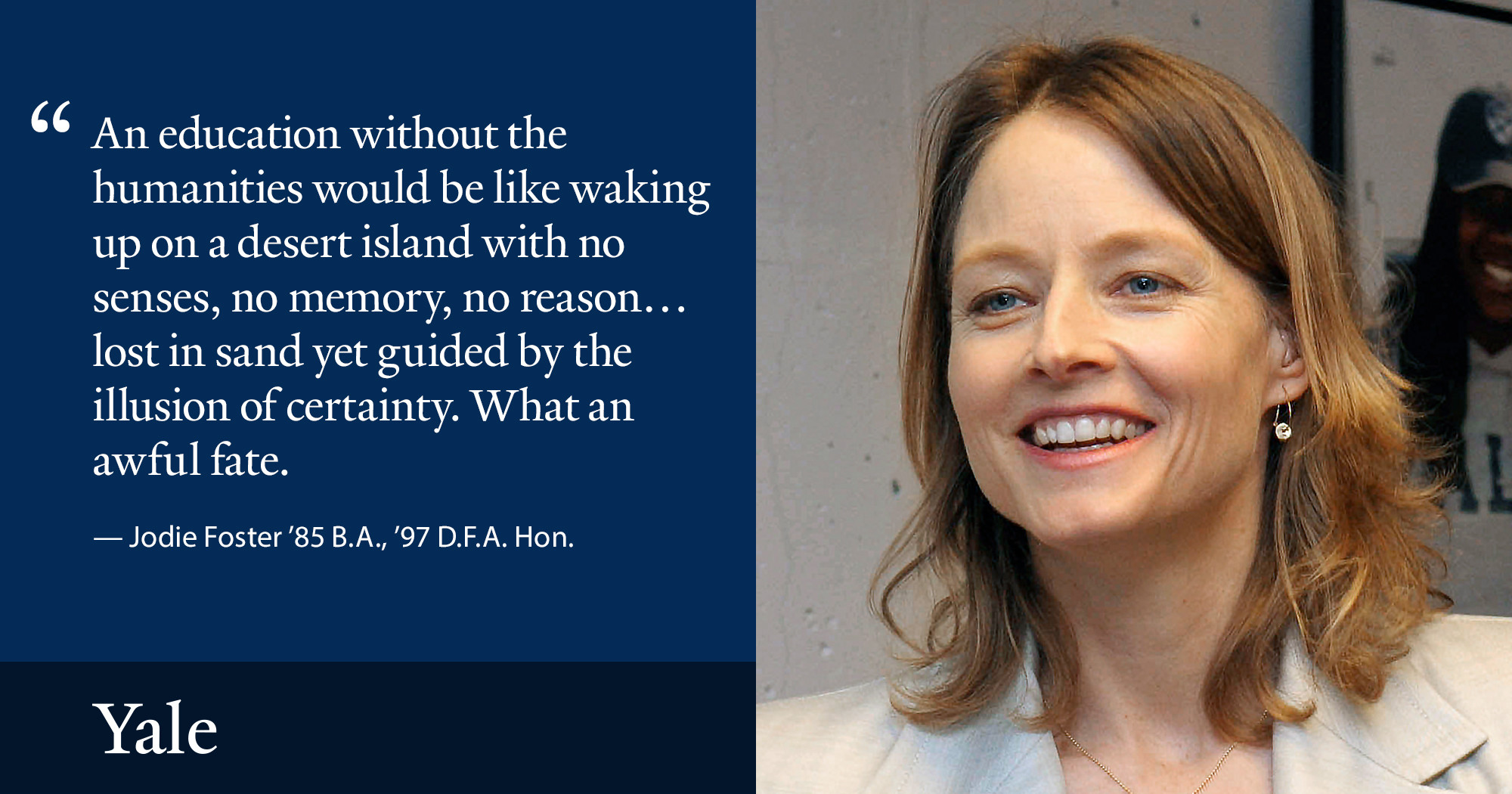
A good idea is important of course, but much of the success of a start-up enterprise relies on it setting up in the right place.
The last few weeks have been a momentum time in the sciences: not because of a breakthrough in gene therapy or quantum computing, but because world leaders have twice called for scientific papers to be made freely available to all.
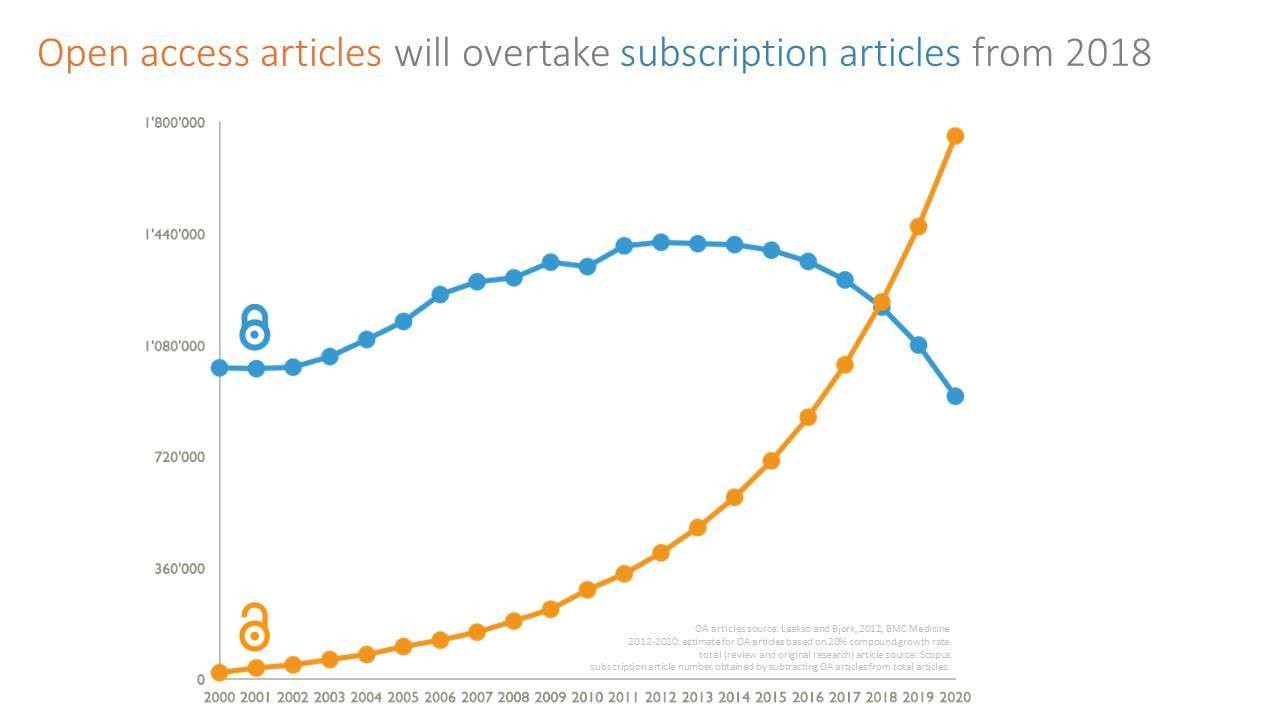
The sharing of research results, the free circulation of knowledge, and transparency in methodology are key tenets to the scientific method.
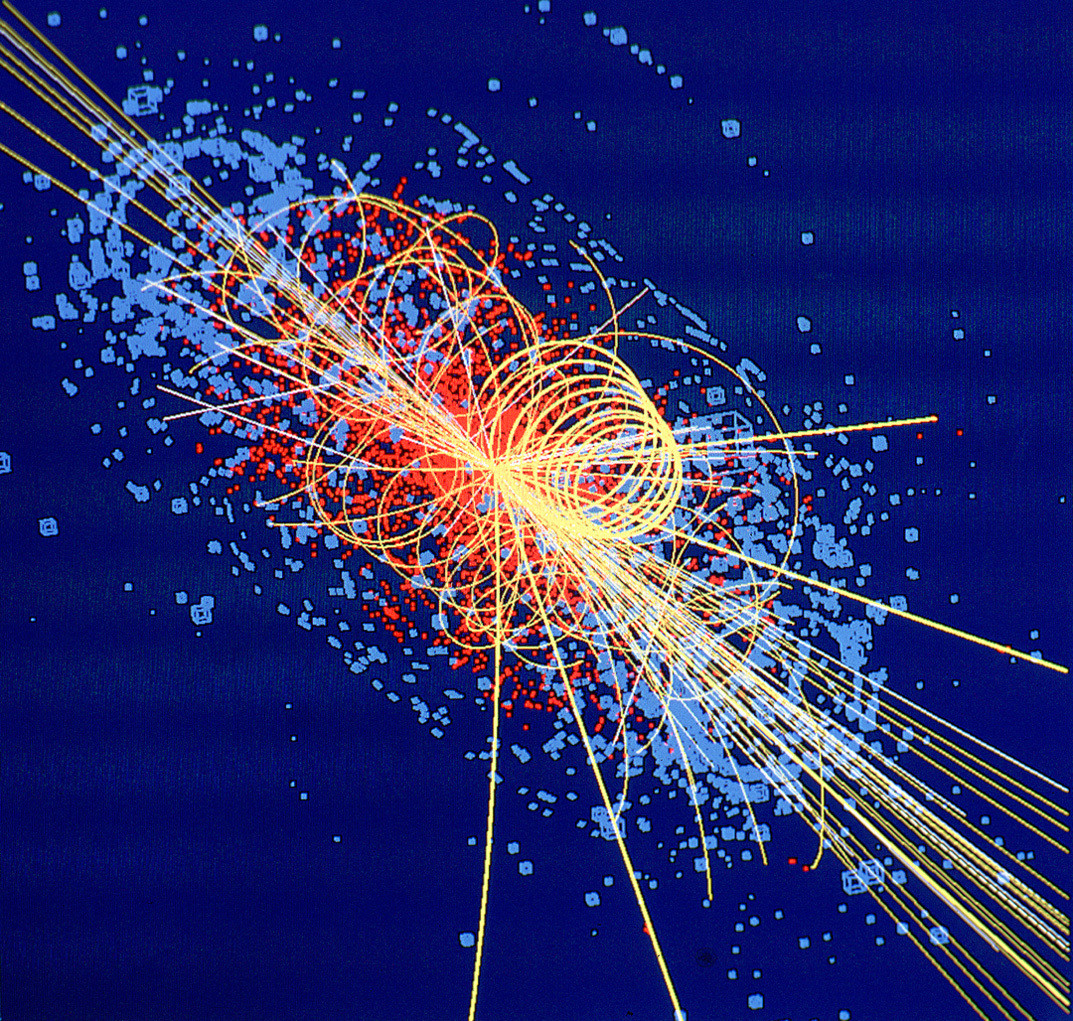
If you had a university degree back in 1972, you were likely to earn 20% more than those without one. Today, that number has soared to 70%. But not all degrees will give you the same retu...
